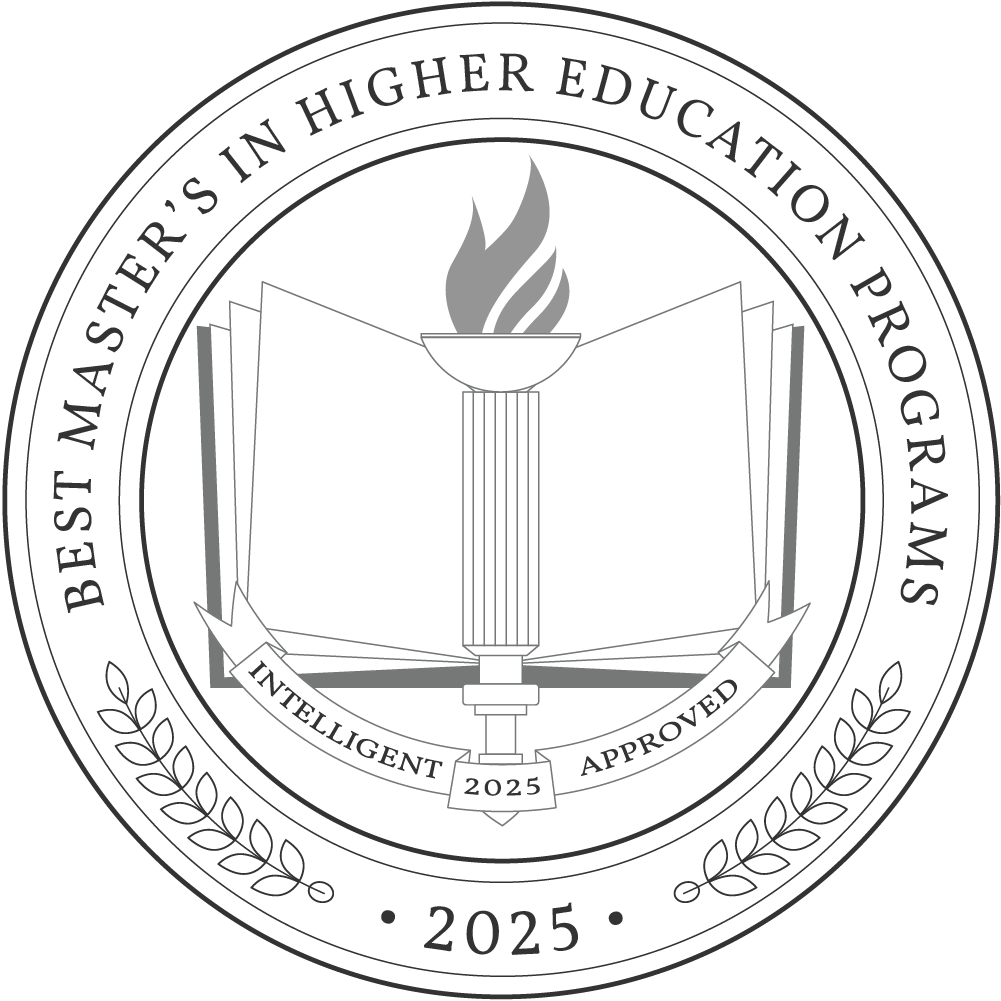Students who pursue a master’s in higher education find positions in universities and colleges and nonprofit and government facilities that develop international and domestic education programs. These administrative positions include assistant deans, registrars, and directors of offices and programs related to student affairs and services. Postsecondary education administrators earn an average salary of $102,610.
The average annual tuition for graduate programs is $20,513. However, tuition and fees vary by school and program. Students enrolled in full-time study can complete a master’s in higher education program in two years. Most programs are 30 to 36 credits and involve an internship or assistantship.
Why Trust Us
The Intelligent.com Higher Education Team is dedicated to providing students with independent, equitable school and program rankings and well-researched resources. Our expert-driven articles cover topics related to online colleges and programs, paying for school, and career outlooks. We use data from the U.S. Department of Education’s College Scorecard, the National Center for Education Statistics, and other reputable educational and professional organizations. Our academic advisory team reviews content and verifies accuracy throughout the year for the most current information. Partnerships do not influence rankings or editorial decisions.
- Analyzed over 2,000 national, accredited, and nonprofit colleges and universities
- 800+ rankings pages are reviewed and updated yearly
- Content is informed by reputable sources, surveys, and interviews with academic advisors and other experts
- Over 100 data points are reviewed for accuracy and quality throughout the year, including sources
How we rank schools
Our list features the best Master’s in Higher Education degree programs at top colleges nationwide. Each school featured is a nonprofit, accredited institution — either public or private — with a high standard of academic quality for post-secondary institutions.
We evaluated each school’s program on tuition costs, admission, retention and graduation rates, faculty, reputation, and the student resources provided for online students. We collected data from trusted sources like the National Center for Education Statistics, individual school and program websites, school admissions counselors, and other data sources. Then, we calculated the Intelligent Score on a scale of 0 to 100 based on the following criterion:
Academic Quality:
- Admission rate versus enrollment rate
- Retention rate of students who return after year one
- Accreditation status (regional and programmatic)
- Nonprofit status, both private and public institutions
Graduation Rate
- Overall graduation rate
- Total number of currently enrolled students, including diversity metrics
- Student-to-faculty ratio
Cost and ROI
- In-state and out-of-state per-credit tuition rates and fees
- Required credits to graduate
- Earning potential after graduation
- Availability of federal student loans, scholarships, and other financial aid options
Student Resources
- Available student services for online-only and hybrid programs
- On-campus amenities like tutoring centers and the number of libraries
Read more about our ranking methodology.
Best 10 Accredited Master’s in Higher Education Degree Programs
FiltersInstitution Type
Status
- Intelligent Score
- Alphabetically By University Name
- Acceptance Rate
- Enrollment
- In-state Graduate Tuition
- Out-of-state Graduate Tuition
- In-state Undergraduate Tuition
- Out-of-state Undergraduate Tuition
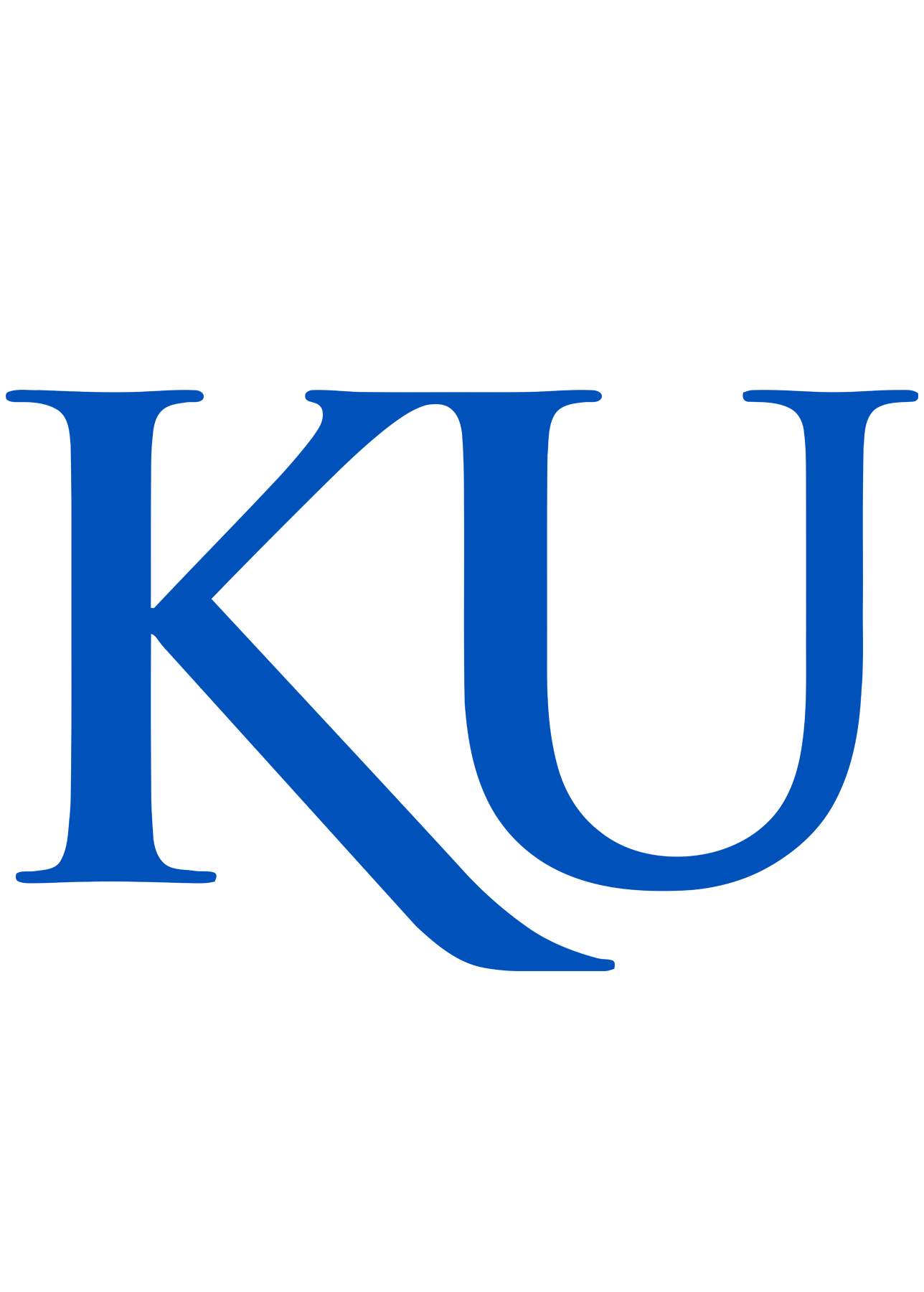
The University of Kansas
Intelligent Score: 99.61In-state: $10,092
Out-of-state: $26,960
In-state: $9,989
Out-of-state: $9,989
SAT: 1070-1320
ACT: 22-29
Resident: $437
Non-Resident: $1,047
On-Campus
Higher Learning Commission
36

University of Florida
Intelligent Score: 98.05In-state: $4,477
Out-of-state: $25,694
In-state: $10,770
Out-of-state: $10,770
SAT: 1290-1460
ACT: 29-33
In-State: $707
Out-of-State: $1,674
On-Campus, Online
Southern Association of Colleges and Schools Commission on Colleges
36

Auburn University
Intelligent Score: 97.32In-state: $10,080
Out-of-state: $30,240
In-state: $10,080
Out-of-state: $10,080
SAT: 1160-1320
ACT: 25-31
Resident: $716
Non-Resident: $1,940
On-Campus
Southern Association of Colleges and Schools Commission on Colleges
33
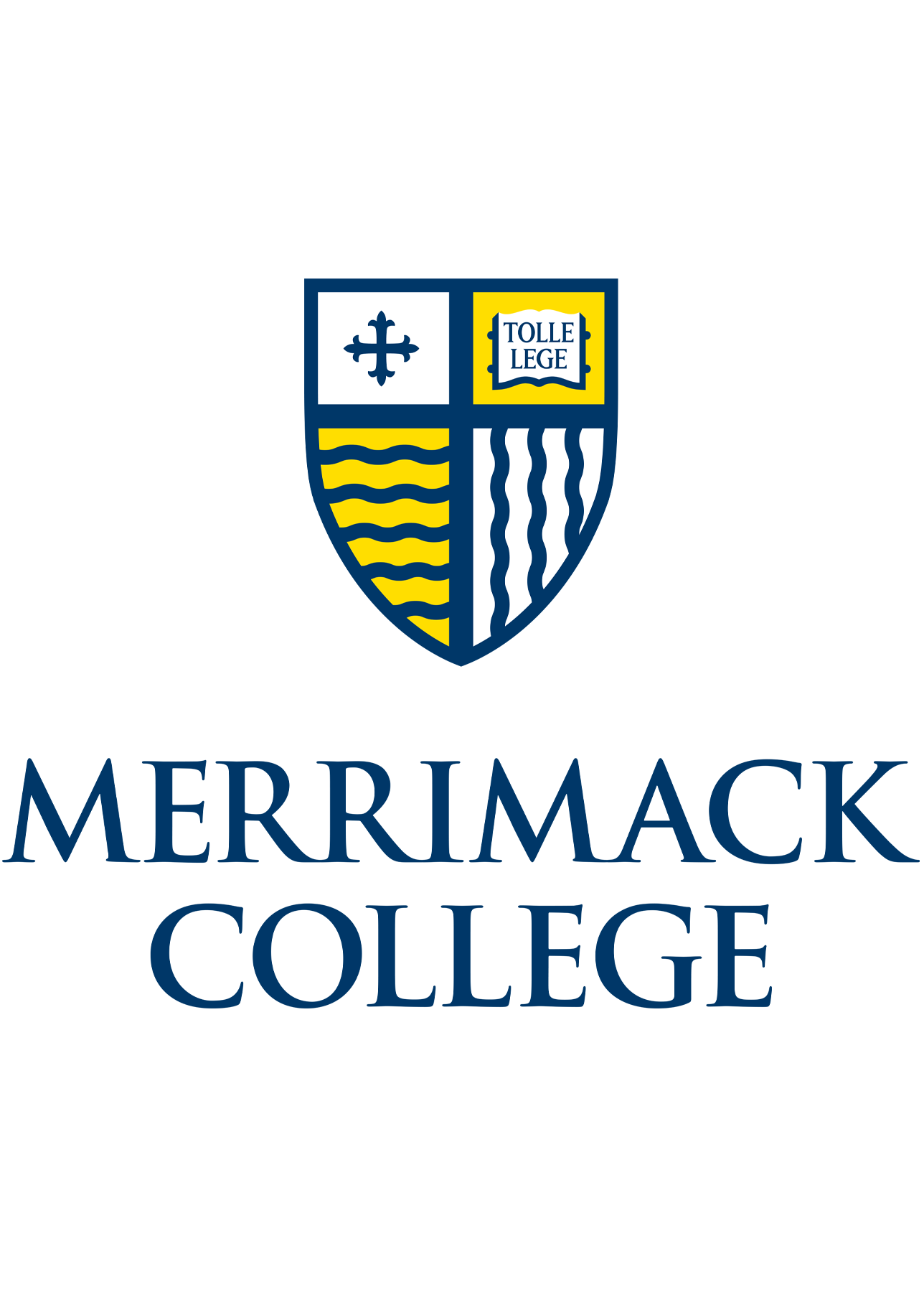
Merrimack College
Intelligent Score: 95.17In-state: $42,401
Out-of-state: $42,401
In-state: $30,464
Out-of-state: $30,464
SAT: N/A
ACT: N/A
$736
On-Campus
New England Commission of Higher Education
36

The George Washington University
Intelligent Score: 94.06In-state: $55,961
Out-of-state: $55,961
In-state: $31,770
Out-of-state: $31,770
SAT: 1270-1450
ACT: 30-33
$1,905
On-Campus
Middle States Commission on Higher Education
30
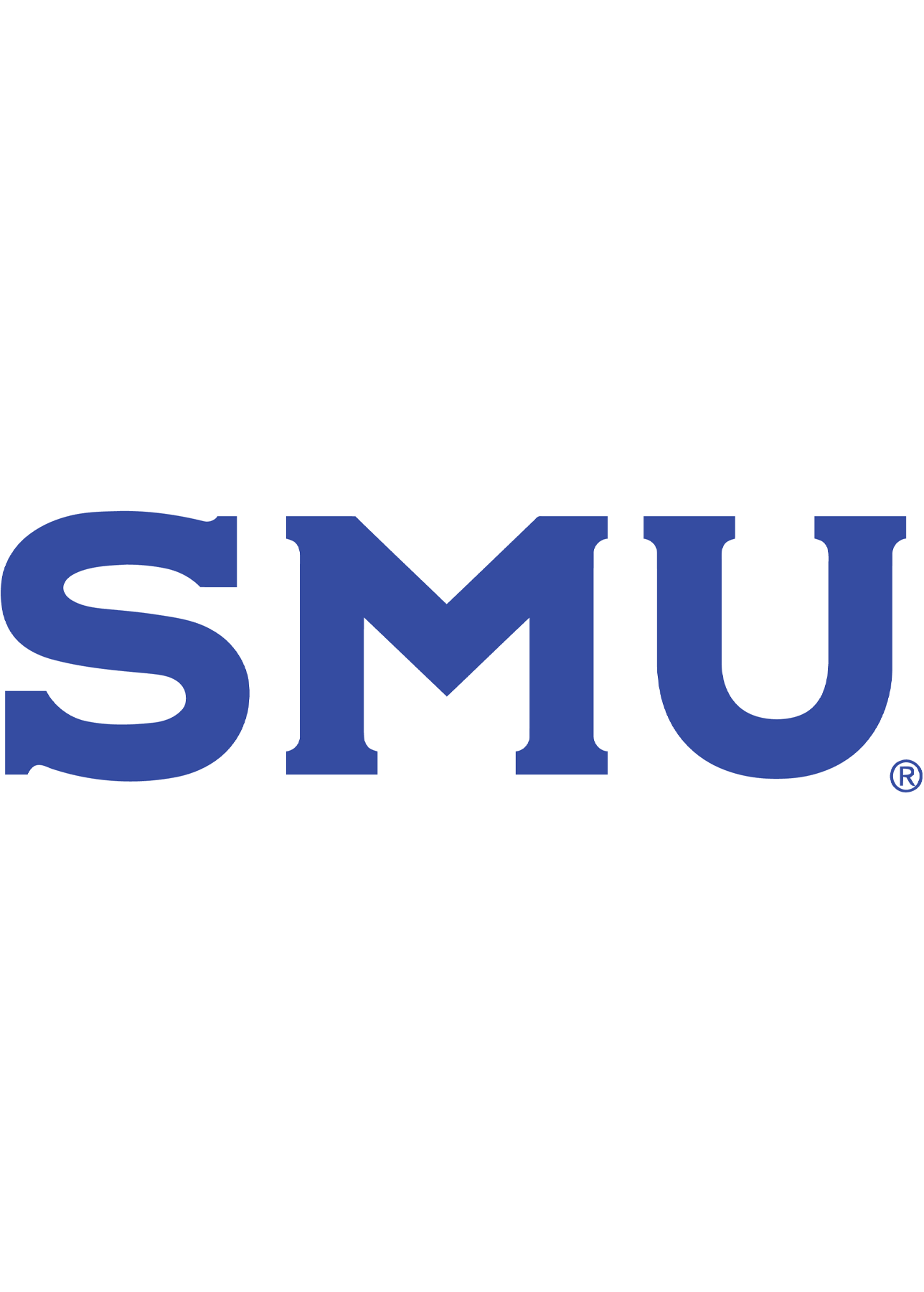
Southern Methodist University
Intelligent Score: 93.77In-state: $51,958
Out-of-state: $51,958
In-state: $40,896
Out-of-state: $40,896
SAT: 1250-1450
ACT: 29-33
$825
On-Campus
Southern Association of Colleges and Schools Commission on Colleges
36
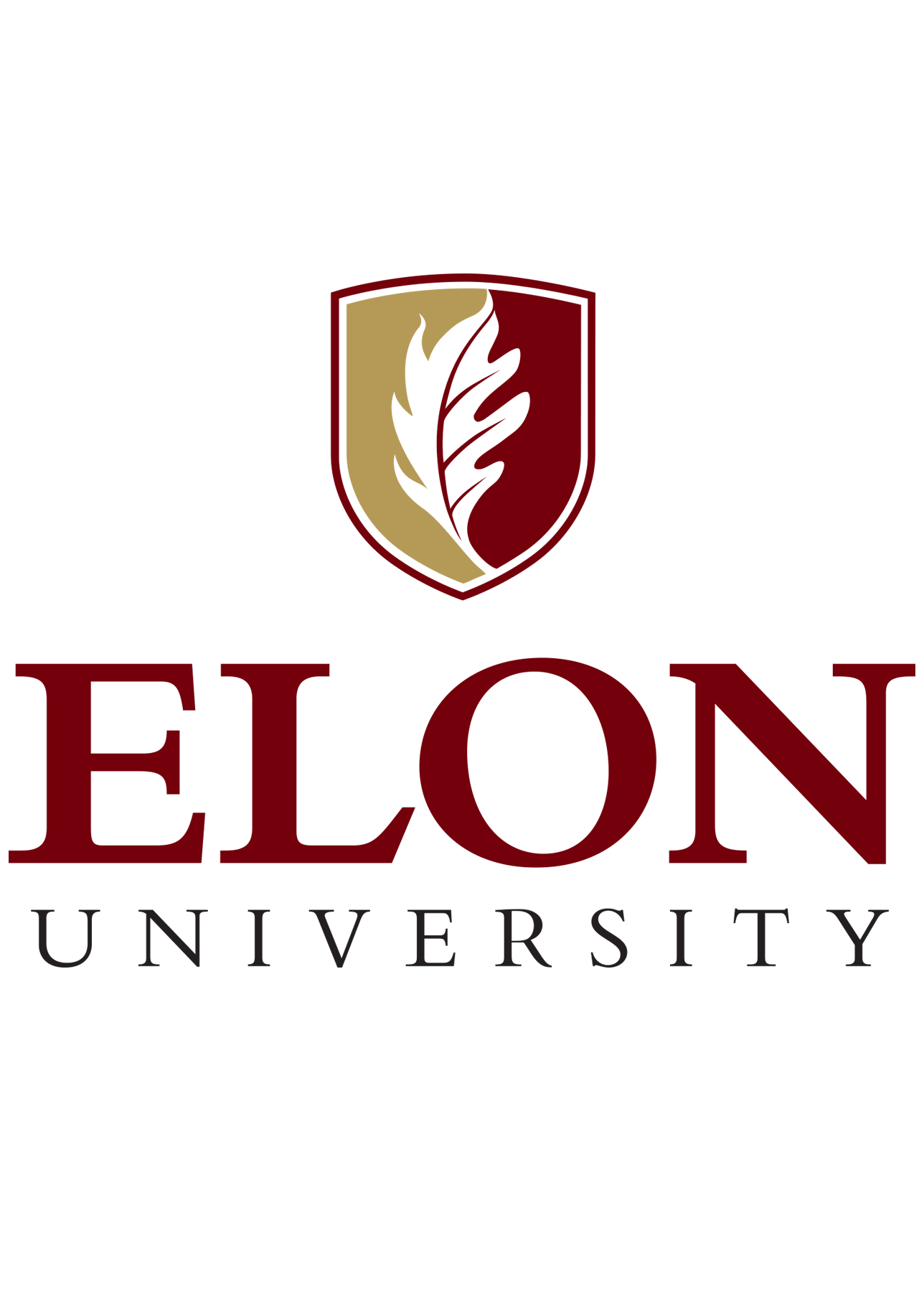
Elon University
Intelligent Score: 92.95In-state: $37,414
Out-of-state: $37,414
In-state: $18,432
Out-of-state: $18,432
SAT: 1140-1320
ACT: 25-30
$991
On-Campus
Southern Association of Colleges and Schools Commission on Colleges
36
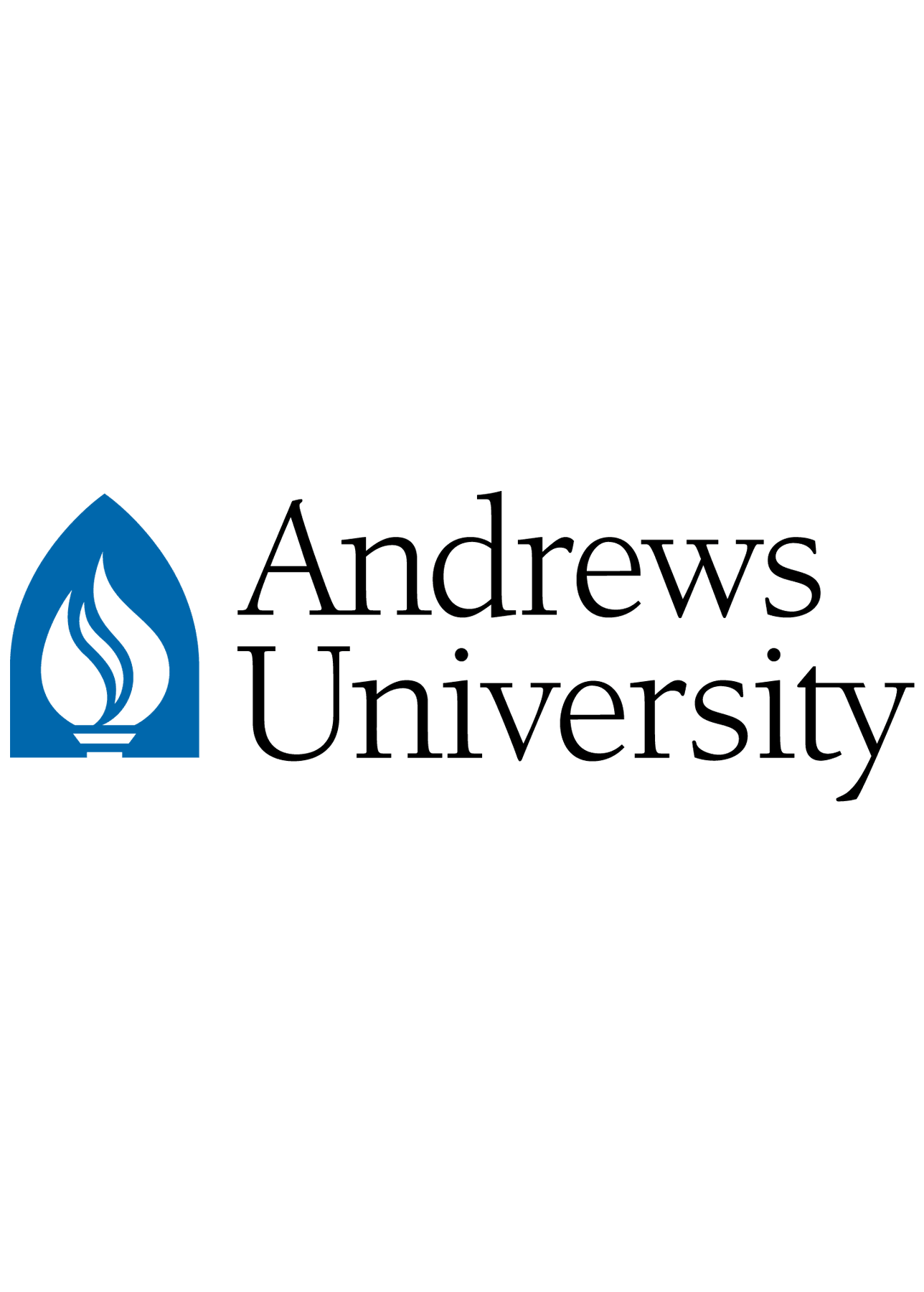
Andrews University
Intelligent Score: 91.72In-state: $29,808
Out-of-state: $29,808
In-state: $27,936
Out-of-state: $27,936
SAT: 1030-1380
ACT: 21-28
$1,318
On-Campus
Higher Learning Commission
36

Georgetown University
Intelligent Score: 91.12In-state: $57,384
Out-of-state: $57,384
In-state: $53,136
Out-of-state: $53,136
SAT: 1380-1550
ACT: 31-35
$1,573 - $1,620
On-Campus, Online
Middle States Commission on Higher Education
33
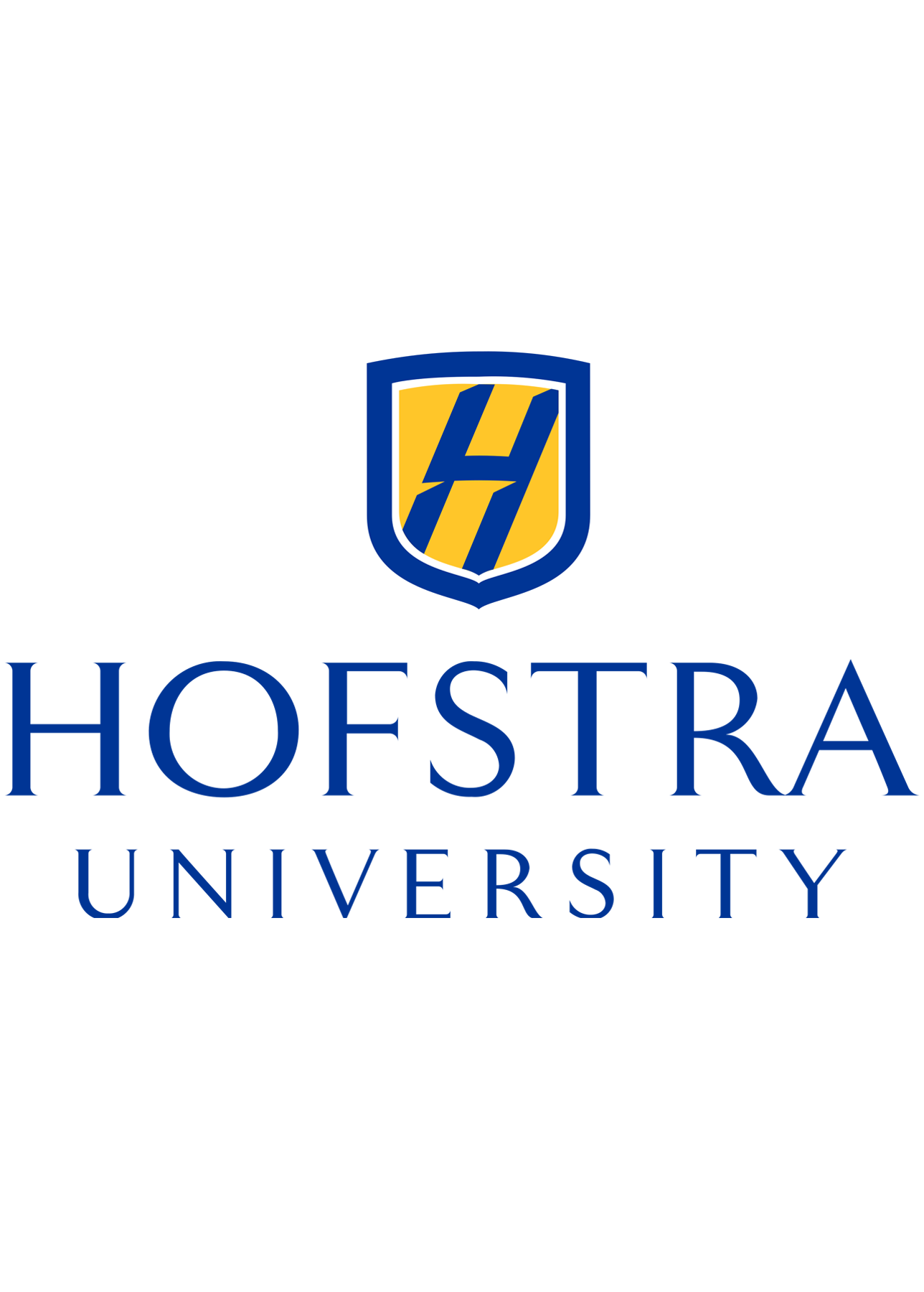
Hofstra University
Intelligent Score: 90.60In-state: $48,315
Out-of-state: $48,315
In-state: $26,172
Out-of-state: $26,172
SAT: N/A
ACT: N/A
$1,630
On-Campus, Online, Hybrid
Middle States Commission on Higher Education
36
How to Choose a Master’s in Higher Education Program
Choose your area of study
Your preferred field of study will influence the type of master’s degree program you choose. Consider your career and personal goals before making your selection.
A master’s degree in higher education program will cover topics such as college teaching, academic advising, educational leadership, student affairs, student development theory, international higher education, and higher education administration.
Graduates can attain a Master of Arts (M.A.) in Higher Education, a Master of Arts in Higher Education and Student Affairs, a Master of Science in Education (M.S.Ed.), or a Master of Education (M.Ed.), depending on the focus of their bachelor’s degree, the institution, and program.
Research schools and programs
As you evaluate your choices, focus on accredited schools and programs. Accrediting bodies review higher education institutions for the quality and rigor of their academic programs. There are two types of accreditation — institutional and programmatic. Institutional accreditation includes regional and national accreditation, with regional accreditation being the more widely recognized.
You can gain valuable insight into the culture and support a master’s degree program offers by visiting the school in person and attending a virtual or in-person open house or information session. Another way to learn more about the master’s program is to speak directly to an admissions counselor or program representative.
Prepare for tests and applications
The application process can vary by school and program. For the most accurate information, contact an admissions counselor.
Standard documents needed for most applications include your school transcripts, a résumé, a personal statement, and letters of recommendation. Master’s program applicants must also have a bachelor’s degree in a related field.
For final acceptance into the program, full-time students seeking a master’s in higher education often need an internship or assistantship, and part-time students may need a full-time position in postsecondary education. These positions allow students to gain practical work experience.
Select your program
As you review your top choices, reflect on your personal goals and logistical needs. Examine the benefits of in-person and online study and whether full-time or part-time enrollment fits your lifestyle. Some programs offer asynchronous course delivery methods, allowing you to work independently. Also, consider other key factors like cost, coursework, and location.
Determine how you’ll pay for your degree
Create a list of potential expenses to determine whether you’ll need financial assistance or can support yourself. Include your tuition, housing, transportation, books, meals, and personal expenses.
Financial considerations are a significant factor for most college students. Complete the Free Application for Federal Student Aid (FAFSA) form. Schools use the results of this application to determine need-based financial assistance.
Inquire with your employer about a tuition reimbursement program. Many of these programs are performance-based and require at least two years post-graduation work-term commitment.
You can also contact the program administrator or admissions counselor for more information on program-specific grants and scholarships. Some programs automatically consider applicants for these merit- and need-based financial options.
What Can You Expect From a Master’s in Higher Education Degree Program?
Prospective students of a master’s in higher education program can expect a reading and writing-intensive course load. The curriculum also involves discussion-oriented seminars with problem-solving and work-based learning applications. Core courses will cover social injustice in education, research methods, and higher education leadership.
Students can expect to participate in a graduate assistantship, an internship, and professional development opportunities. Some programs require part-time students to remain employed full-time in higher education during their studies in place of an assistantship or internship.
Many programs also include a required capstone project and the completion of a minimum course load before students sit for their comprehensive exams.
Potential courses you’ll take in a master’s in higher education degree program
- Pedagogy and Action for Critical Education. Students learn the prominent theoretical foundations of issues within educational spaces, including diversity, oppression, and social justice. This course is centered on student-facilitated critical dialogue and facilitates the development of anti-oppressive education and skills to empower students to work toward social change.
- Diversity in Higher Education. This course explores how administrators can best support diverse students, covering issues such as gender, class, religion, sexual orientation, and ideology.
- Professional Development in Higher Education. This course supports and enhances a graduate assistantship. It focuses on the practical application of theory and skill development while providing students with the tools to launch a successful job search.
- Strategic Management Research. Students develop research questions related to strategic management and decision-making. Topics include governance, leadership, management, and strategic planning through the higher education lens.
- Collaboration and Conflict. Students explore the experiential and interdisciplinary facets of how people work together to solve complex problems. This course aims to help students understand why leadership requires emotional intelligence. Areas of focus include relevant research in theoretical frameworks and best practices from various fields.
Master’s in Higher Education Degree Frequently Asked Questions
How do I apply to a master's in higher education degree program?
Applicants to a master’s of higher education must have satisfactorily completed a bachelor’s degree from an accredited institution. Other standard materials requested by admissions include your school transcripts, your résumé, and at least one letter of recommendation. Most schools also require a short personal essay or statement of purpose outlining why you want to attend their school and why you feel you’d be a good candidate for their program. In many cases, shortlisted applicants proceed to an interview process.
How much does a master's in higher education degree cost?
The average yearly tuition at a public institution is $12,596. In addition to tuition, consider the cost of housing, transportation, books, meals, and personal expenses, and factor in less frequently considered fees for student services, recreation and wellness centers, and health insurance.
Some programs have mandatory paid internships as part of the yearly curriculum. This internship will count towards your credits and, depending on the pay, can decrease your out-of-pocket expenses. Other factors that can reduce out-of-pocket expenses include scholarships, grants, and financial aid.
How long does it take to earn a master's in higher education degree?
A master’s in higher education requires 30 to 36 credits, which will take full-time students two years to complete. Part-time students can complete the program in three years. This program involves an assistantship or internship, a cornerstone project, and comprehensive (comp) exams.
